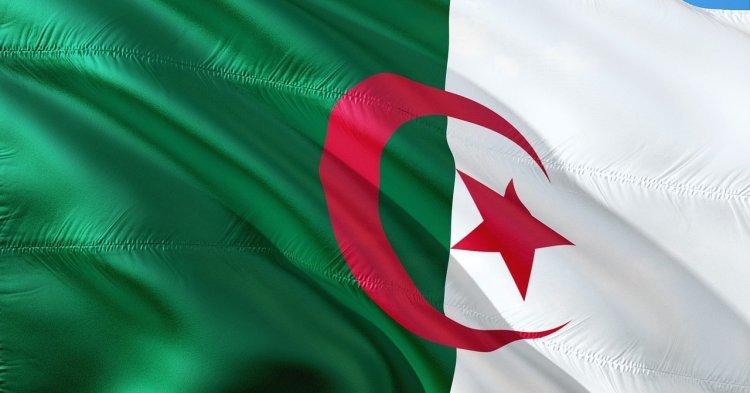On 1 March, an estimated three million protesters gathered across the country, calling for the resignation of President Bouteflika. Even after pledging to withdraw his candidacy for the upcoming elections, protests intensified, with demonstrators organising themselves effectively via social media. On 10 March, Ahmed Gaid Salah, Chief of Staff of the Armed Forces and an ally of Bouteflika, abandoned his allegiance to the President, stating that the “army and the people had a common vision” for the future of Algeria. On 2 May, Bouteflika resigned. Exuberant crowds have persisted in calling for further resignations and removal of the political elite termed “le pouvoir”.
When the Arab Spring swept through the region in 2011, civil resistance in Algeria was muted by government concessions, while the country’s neighbours stole the spotlight: Tunisia as the success story of democratic revolution, and Libya for its bloody descent into calamitous civil war. Quietly, however, dissent in Algeria has continued to simmer. As Algerians labour to build a new future, the EU must revisit its policies towards the country. Algerians, both young and old, are aspiring to develop a more open and democratic society, and in doing so, they are moving it closer to the EU’s vision of progress. In response, the EU should prepare to recalibrate its relationship with the counry by leaving behind the “carrot and stick” approach, and moving towards genuine partnership.
Bilateral relations between the European Union and Algeria are rooted in a 2005 Association Agreement which outlines a framework for cooperation in areas of trade, single-market access, environmental standards and sustainable development. Algeria is a member of the Union for the Mediterranean, established to develop the Euro-Mediterranean Partnership created by the Barcelona Process in 1995 as a constituent element of the European Neighbourhood Policy (ENP). The EU has structured its relationship with Algeria in such a manner as to incentivise compliance with common values of democracy, rule of law and human rights.
The EU has been consistent in its support for Algeria’s “Revolution of Smiles”. The European Commission was quick to demand the Algerian authorities respect protestors’ right to assembly and freedom of expression, while reaffirming the EU’s commitment to “continue to deepen our relations with the aim of creating a common and shared space of stability, democracy and prosperity”. In November 2019, the European Parliament passed a resolution in support of the protestors and called for regime change in Algeria. Protest leaders rebuffed these sentiments of support, expressing resolve to deliver democratic reform without European interference. Such determination is hardly surprising considering Algeria’s history of subjugation and colonisation.
For one hundred and thirty two years, Algeria was tethered to Europe as a French colony, and since gaining independence in 1962, Franco-Algerian relations have remained fragile. During the 2017 Presidential election, Emmanuel Macron found himself embroiled in a political storm at home after he made comments during a trip to Algiers that French colonialism constituted a “crime against humanity”. Despite Macron’s desire for France to atone for the past, the French President has been mindful to tread carefully during recent events in Algeria. Macron has been cautious not to give any impression of French intervention in the country after the Elysée was scolded by protestors over comments welcoming Bouteflika’s decision not to seek reelection in March 2019.
Algerians are striving to seize control of their destiny and are resolute in their ambition to do so without the interference of foreign powers. For over a year, the people of Algeria have lead an earnest and sustained effort to cleanse their political structure of cronyism, abuse and neglect through peaceful protest. If and when the “Revolution of Smiles” succeeds in securing free and fair democratic elections and the installation of a new government, the victory will belong entirely to the people of Algeria, and the responsibility for ensuring the survival of a democratic state will be theirs alone to bear.
Before that time arrives, the EU must reassess its own policy towards Algeria and across the Maghreb by removing the patronising tone from the European Neighbourhood Policy: the stifling conditionality and economic incentives for democratic reform should be relaxed, in favour of a sincere partnership, comprising single-market access, support for education and innovation, and financing for institutions, NGOs and independent media. The ENP must offer greater dynamism and flexibility as it shapes EU relations with our Mediterranean neighbours; conditionality and incentives must be effective, while remaining respectful of the sovereignty of independent nations and their peoples.


Follow the comments: |
|
